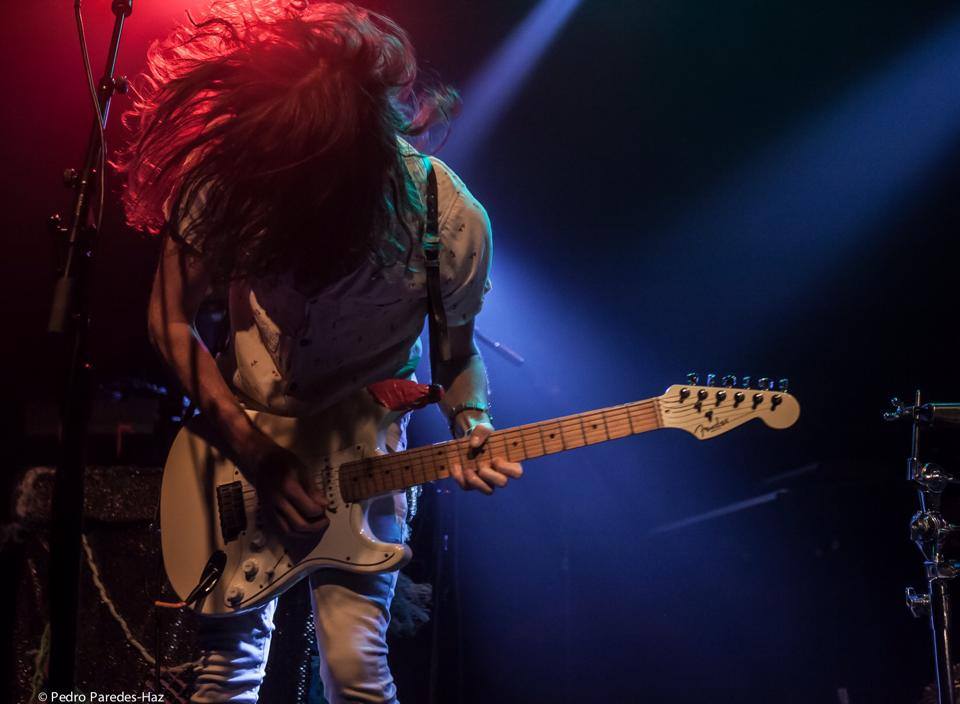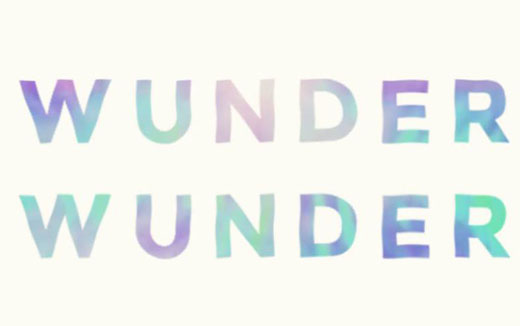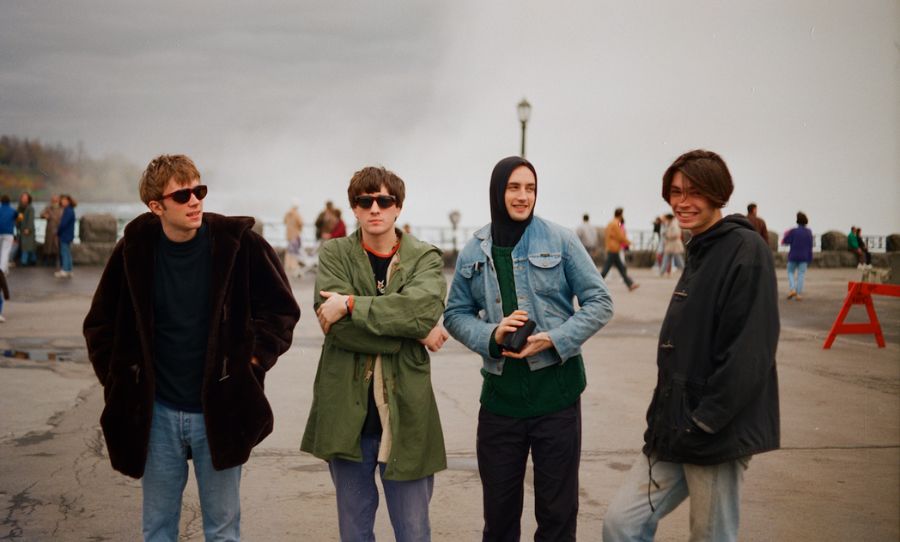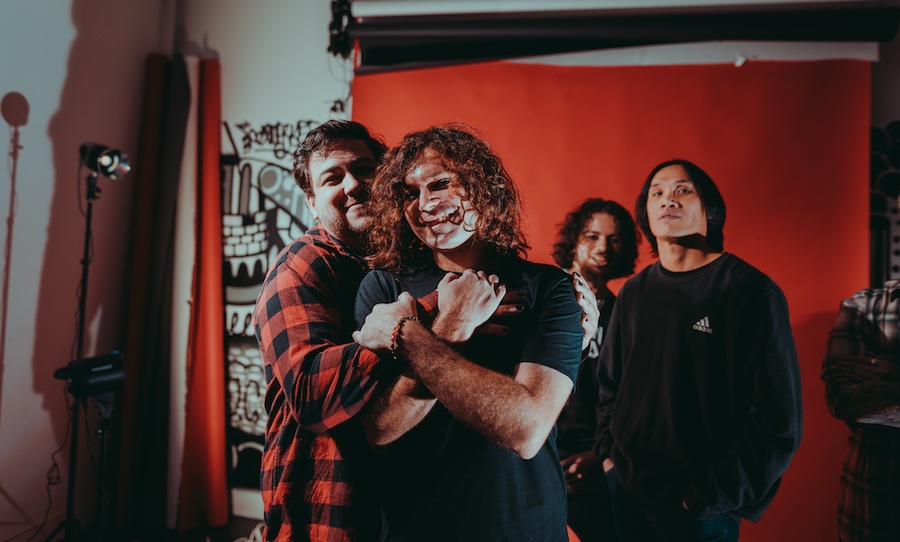When it comes to music, I find it very difficult to concisely define what I like, but very very easy to recognise that which I don’t like. I can say with confidence that I don’t not like Wunder Wunder‘s latest danceadelica album Everything Infinite. And it’s not often I say that about an artist signed to a major label with such a mainstream pop focus.

Are Wunder Wunder JJJcore? I listened to their album Everything Infinite and my balls didn’t fall off. The verdict: Not JJJcore.
There’s something that makes me feel good somewhere in my body and my brain when I listen to this record – from the brattily strummed opening chords on the opening title track, right through to the closing sci-fi whooshes of Dreams Of The Fall. It’s something that I’d almost mistake for happiness, except its nature is more like relief – my “happiness” stemming not from the pure musicality of the album, but from the fact that Everything Infinite could have been so, so much worse.
Wunder Wunder is made up of two Melbourne producers, who around 2013 decided to make 60’s psych/70’s pop music – an entirely mediocre backstory. Since then, in a bold move towards interestingness, the group relocated themselves to sunny Los Angeles (presumably because they were sick of talking about AFL all the time). Imagine the course of events if these dudes stayed in Australia: their Passion Pit meets MGMT meets Tame Impala meets Portugal. The Man sound would have made Richard Kingsmill literally explode with delight, and next thing you know Wunder Wunder would be headlining Groovin The Moo and touring with Cloud Control in support. Heck, they’d probably have to change their name to Jungle Wunder.
Like Cloud Control, Wunder Wunder moved away (geographically) from the toxic Triple J cycle, but unlike Cloud Control, they managed to shake a large part of the cringeworthy JJJcore pop aesthetic. Don’t get me wrong, there’s a lot of insipid Australian-ness that is still present on the record – the lazy strumming and floppy lyricism of Midnight Hours and the polished, open chord cleanliness of Summers Day are the strongest examples of the JJJcore influence still coursing through their veins.
But then there are moments on the record that would never make it onto Triple J – Hail The Madman‘s nu-disco intro comes across as far too weird to be a drivetime classic, while the crazy synthesised squelch throughout Trouble In Utopia exists in that borderline oddity, but not the type of oddity that lands you a slot at One Night Stand. I’m not saying that this means they wouldn’t get on Triple J, I’m just saying that I would be very surprised if Jinja Safari or Boy and Bear decided to pull any of these tricks out of their bucket hat. There’s no thesis here – I’m just shit talking and trying to figure it all out as I write*.
Sure, it’s pop, sure it’s a little boring, but as an Australian musical anomaly, it’s an interesting case study on what happens when a JJJcore musician is separated from the JJJcore environment. Is JJJcore innate – an undeniable part of growing up enjoying local Australian music? Or is it learned? I’m still waiting for a band from Canada or wherever to come to this country and make a JJJcore album – but until then, appraising and identifying JJJcore remains more of an alchemy than a science.
*Which is not a good academic strategy, in case anyone was wondering.
FIND OUT MORE ON
▲ FACEBOOK ▲ SOUNDCLOUD ▲ iTUNES



